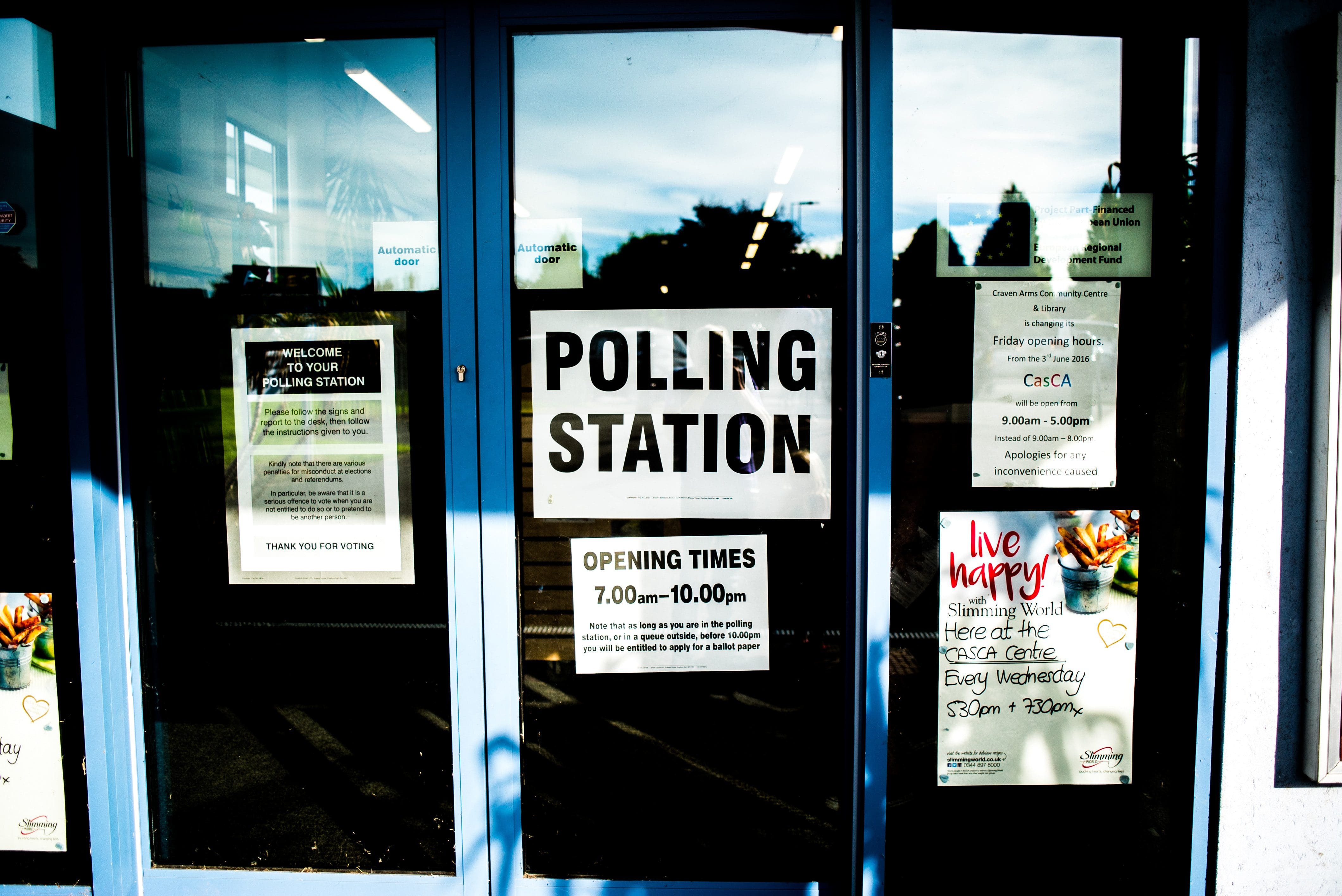Voters in Dallas County may be going to a different polling location in future elections. On Tuesday, the county began the process of transitioning from “precinct-based polling locations” to “countywide polling locations” for elections in November of 2019.
According to Texas Election Code Section 43.007, in contrast to the current system where voters must only vote at their assigned polling location in the precinct where they reside on Election Day, they would be able to vote at any voting center within their county, much like the current practice for early voting. The total number of polling locations in the county would be reduced, but the code requires that it be no less than 65 percent of the number of current locations for the first election year.
As part of the voting center system, paper poll books—used to track registered voters and what particular elections they should be voting on—would be replaced with electronic poll books that would supposedly prevent anyone voting multiple times.
“The takeaway is, you’re saying, they can’t get away with it,” said Dallas County Judge Clay Jenkins in a conversation with county staff on anyone attempting to commit voter fraud by voting multiple times with the new e-poll books in place.
The implementation of this new system is estimated to cost Dallas County taxpayers at least $6 million.
During the hearing at the commissioners court, commissioners were told the system would also have a paper backup.
District 2 Commissioner J.J. Koch was the only vote against the change, expressing concern about the restriction in Election Code that Texas’ secretary of state may grant permission to no more than six counties to join the countywide voting plan. Koch said this limit had been reached already and, without legislation from Austin this session, Dallas County participation was impossible. “If that legislation doesn’t pass this session, this is all for naught, right?” he asked.
There was disagreement as to whether or not the slots were already filled, but there was agreement that the secretary of state does need to approve—and can deny—applications by counties to join the program.
“It’s not a foregone conclusion that this will go forward,” said Jenkins. “But I don’t know why the secretary of state wouldn’t approve [our application].”
The next stages in the process will be the formation of a Vote Center Advisory Committee that will meet four times, and five public hearings held by the Dallas County Elections Department to communicate the program to voters and collect feedback. All of the meetings will take place from April to June of this year.
There will also be a public hearing by the Dallas County Commissioners Court.





